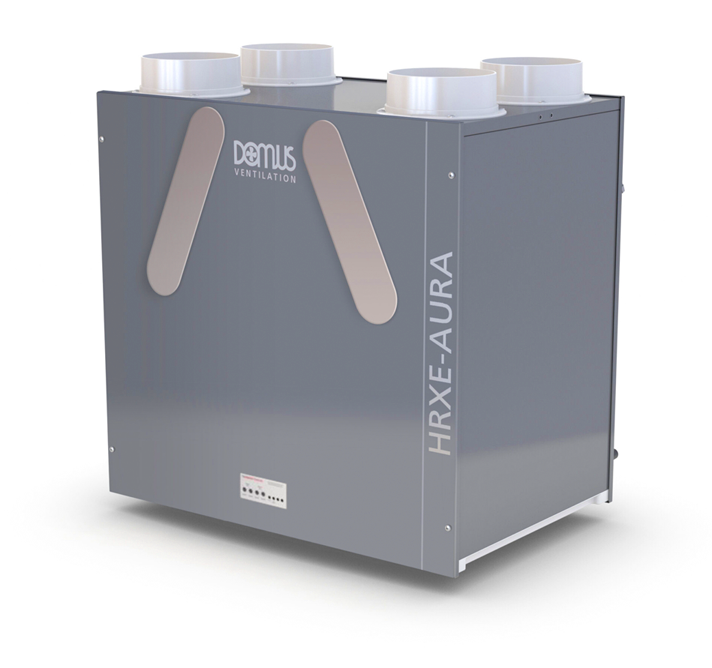
Heat Pumps
Heat pumps are incredibly efficient, delivering more energy for heating or cooling than they consume. This efficiency leads to reduced energy bills. By efficiently harnessing renewable energy sources, heat pumps can result in substantial savings on heating and cooling costs.
They can be used to provide year-round comfort, but in the summer months when heating is not required they can still provide all the hot water needs of the busiest household.
Heat pumps have a lower carbon footprint compared to traditional heating methods, as they use electricity to move heat rather than burning fossil fuels.
Well-maintained heat pumps can have a long operational life, providing reliable heating and cooling for many years.








